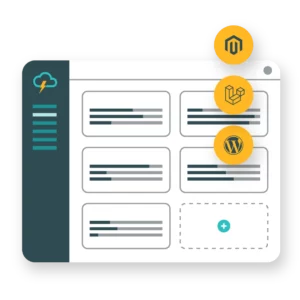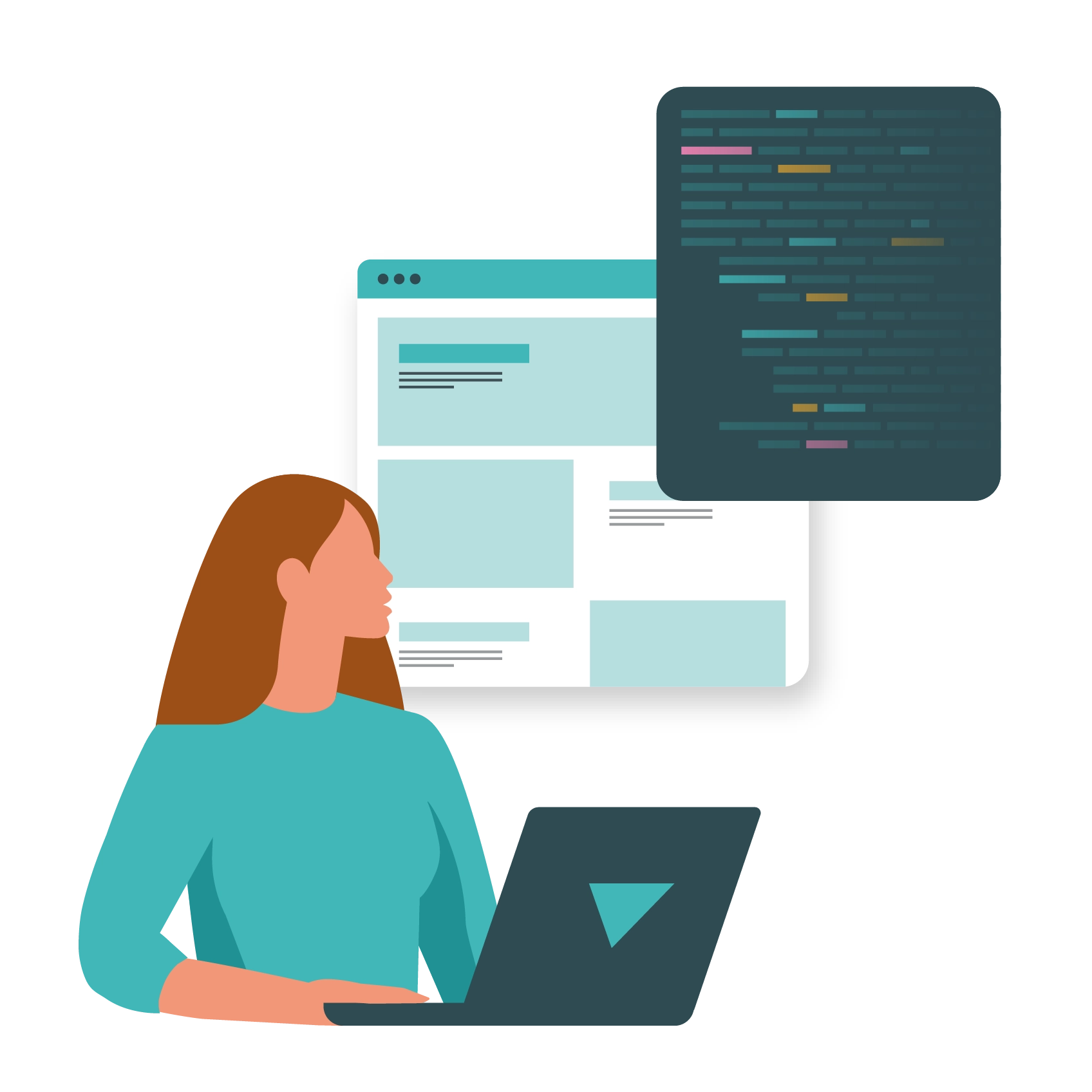The definition of developer productivity will change from business to business, industry to industry. Essentially, being productive means making choices and decisions to optimise the path you take to achieve your goals. Developers often work across a multitude of projects, dip in and out of applications, and work on different platforms to launch and test new code and products. How these tasks are performed will significantly affect the timeframes you supply to clients as well as the job satisfaction your developers experience when working for you.
In this realm, the quality of work you get out of a developer is far more critical than the quantity; rushed jobs, performed in stressful environments with minimal opportunity to recuperate, and insufficient tools, will only lead to expensive and time-consuming problems down the line.
If you’d like to get more out of your development team, there are simple steps you can take to improve their workflow, encourage better communication, and eliminate the issues which cause setbacks and distractions…
Improve your scrum efficiency
Scrums are all about getting all brains on deck. If you’re taking people away from their screens, there needs to be a clear and defined purpose for your meeting. In the meeting, cover the actions you set in motion at the last meeting, map out your to-dos for your next meeting and identify the obstacles you need to tackle.
Have the best set up for your IDE and use the right tools
Your IDE (integrated development environment) setup will vary depending on the type of project you are working on, the programming language you are using, and your own personal preferences for how you like things to look and function. It’s essential, however, to ensure that your IDE is thoroughly optimised as you’re going to be spending a lot of time in there.
Tips for a better IDE experience:
- Know your keyboard shortcuts – it may not seem like much, but limiting the use of your mouse will add more time to your day and make your workflow more fluid.
- Learn all the libraries available in the language you’re coding in – but stick to libraries that you are familiar with and know to be reliable.
- Visually customise your IDE using colour themes so that you can quickly distinguish between projects.
- Take advantage of the automation tools in your IDE for faster results.
- Use the live preview option so that you can see changes as they are being made and avoid going back and forth between screens.

One hosting platform for your agency.
Our platform was designed with your needs in mind, which means it’s easy to use, and time-saving too.Limit distractions
The ability to focus and tune out distractions is a highly necessary skill to master for developers. You need the freedom to think and be creative without interruptions. There are so many problem-solving elements to a developers role, making a zen-like approach to your workday essential.
Working at home where family or flatmates can easily burst your productivity bubble may require you to steel yourself against distractions.

Here’s how:
- Invest in noise-cancelling headphones. Listening to music all day can be just as tiring as listening to the office natter around you, so sometimes you may simply just benefit from the buffer that headphones create when you put them on.
- Channel your fidgetting. Coming up with new ideas or trying to think your way out of a problem can leave you feeling a little restless. It may be helpful to get a fidget cube or a stress ball to help you direct that excess energy and calm the mind.
- Shake it out. Sitting in front of a screen is part and parcel of the job. Keeping your circulation going and getting fresh oxygen to the brain is a must for all developers. Set a timer on your phone or go for regular strolls around the office to keep yourself agile and refreshed.
Work your 9-5, and that’s it
It’s hard to avoid putting in the overtime, particularly when it’s a big project or there have been significant, contingent issues to resolve. Consistently working outside of your regular working hours, however, will not make you more productive. Eventually, the lack of sleep, the build-up of your own personal admin and domestic commitments will add to your stress and make you less motivated to perform at your peak.
By understanding where you spend most of your time, you can make more accurate estimates for how long certain tasks and projects will take you to complete. This will help you to manage teammates’ and clients’ expectations better and plan your day in a way that all of your must-dos get done. You can use time management tools and applications such as ClickUp or Asana to schedule projects, delegate tasks, and get a better overview of how things are progressing.
Design before you code
Design is driven by the need to solve a problem or enhance something. Writing code before working out the pathway to the solution can be time-consuming and time-wasting.
Work out your blueprint, prepare a prototype, and map put the different phases of your project’s development. By doing this, you can get the right software applications in place, avoid scope creep, distribute the workload appropriately, and have a far more functional and bug-free final product.
What makes the ideal ticket?
- A concise description of the issue.
- Steps to reproduce the problem.
- Supporting evidence such as screenshots and instructions to replicate the problem.
And finally… get your bug reporting right
Whether it’s your job to fix the bug, or you are relying on someone else to resolve the issue, understanding how to formulate an effective bug report will ensure that you don’t encounter bottlenecks in your pipeline.
Related:

